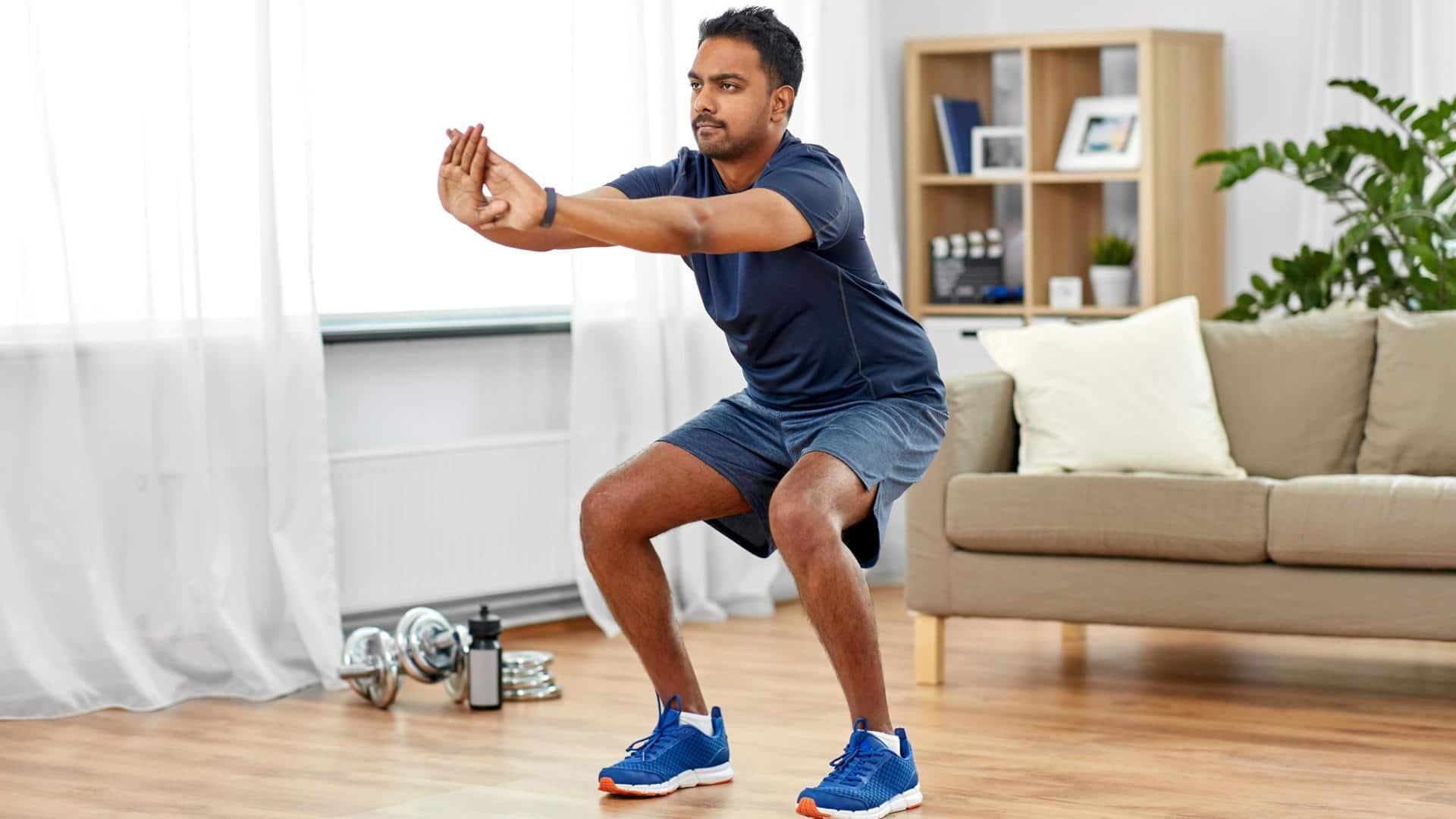
Expert tips: How to exercise after recovering from a sickness
What's the story
Diseases can knock on one's door anytime and stay uninvited for days.
And when that happens, everything from work to fitness goes for a toss, forcing you to start from scratch, especially in the case of the latter.
Mr. Aakash Bansal, certified dietician, fitness expert, and founder of FormFit, shares with NewsBytes five things to note when working out after recovering from a sickness.
Tip 1
Take care of your first workout after sickness
"Before starting to exercise, make sure you haven't had a fever for at least 48 hours. If you exercise while having a fever, the energy needed by your immune system to fight off bacterial infections will be compromised," says Bansal.
He also advises proper sleep for nights before and following the exercise schedule so that your body can rest and recover well.
Tip 2
Ease back in, do not rush
"Start with lesser intensity and shorter duration workout plans for the first few days after recovering from an illness. Your body may require more rest days between workouts," recommends the fitness expert.
For the ones who work out daily, Bansal suggests they have at least two rest days in between workouts so that their body can continue to heal further.
Tip 3
Diet and hydration are important
"Nourish your body with a well-balanced diet and plenty of fluids," shares Bansal with NewsBytes.
Fruits and vegetables are great sources of energy and nutrition, which is why he recommends one consume more of them during and after recovery.
"Boost your immunity by increasing your intake of vitamin C and make sure to complete your course of medications," he adds.
Tip 4
Try isometric exercises
Wondering what are isometric exercises? "Isometric exercises involve holding the body in a position with no muscle or joint movement. They help build muscular strength and endurance and are popular rehabilitation exercises," explains the FormFit founder.
"Some examples of isometric exercises are planks, wall sits, glute bridges, low squats, etc," states Bansal, so you can easily practice them instead of more advanced exercises.
Tip 5
Listen to your body and make changes accordingly
"Pay attention to how you feel when you start working out. If you find yourself exhausted or achy, take that extra rest day or cut back a bit on your exercise," advises Bansal.
The expert also encourages one to not compromise on their health for fitness and instead plan their training schedules as per their comfort and rest periods.